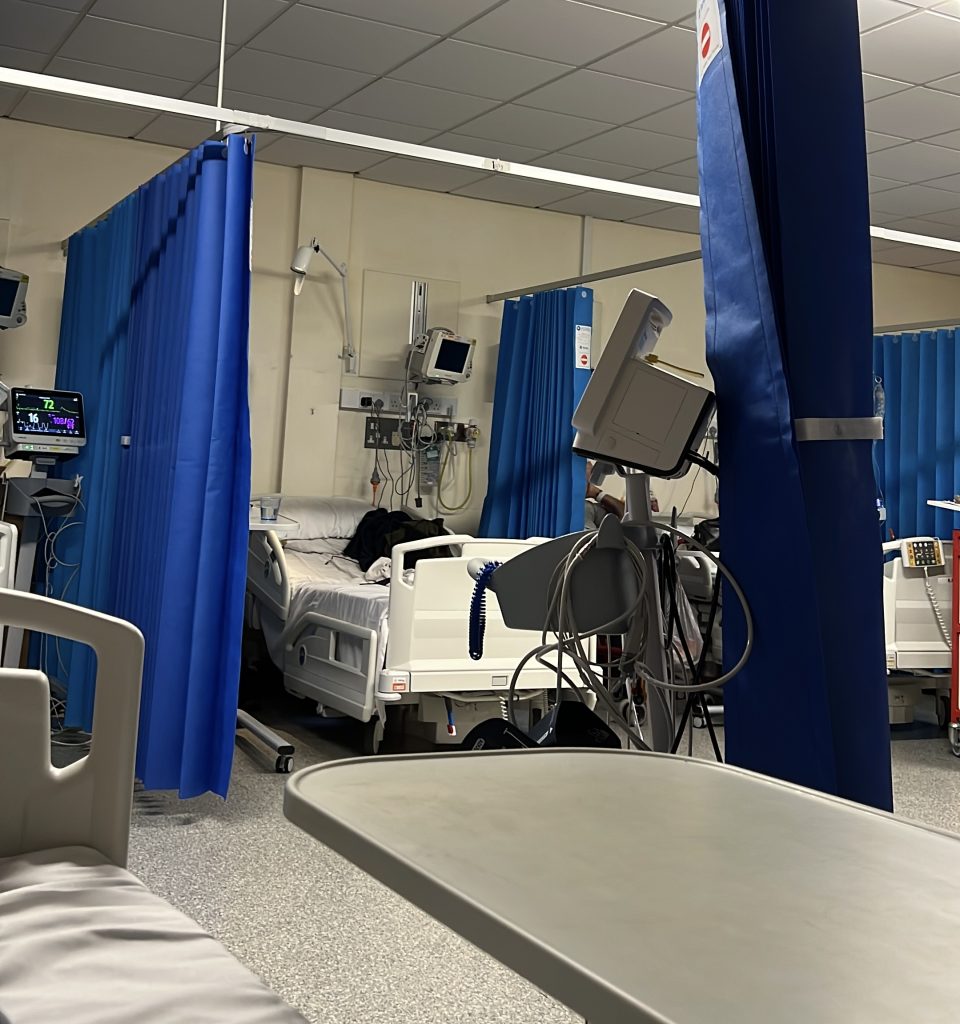The National Health Service (NHS) has long been a cornerstone of British society, offering universal healthcare that many around the world admire. However, having personally experienced the system’s shortcomings through multiple emergency visits this year, it is evident that the NHS is in a worse state than ever before. The standard of care has become deplorable, and systemic failures stemming from years of mismanagement and ill-conceived policies have left it on its knees.

Decisions made over recent decades have had catastrophic effects. Thirty years ago, the majority of NHS nurses were British nationals—highly skilled professionals committed to their roles. Today, the workforce has shifted significantly, with many positions filled by nurses from countries such as India and African nations. While there are undoubtedly many dedicated and competent professionals among these recruits, the overall level of care has visibly declined. The cultural and training differences are apparent in some cases, leading to an erosion of the personal touch and understanding that once defined the NHS.
Poor recruitment strategies are at the heart of this problem. Efforts to attract young people into nursing, starting at the school level, are insufficient. The profession, once seen as a noble and rewarding career, is now plagued by low morale, inadequate pay, and high stress, deterring potential recruits. The decision to scrap bursaries for nursing students in England in 2017 further exacerbated the issue, making the path to becoming a nurse more financially burdensome and less appealing.
Adding to these challenges is the chronic underfunding and under-resourcing of NHS facilities. Medical staff are stretched beyond their limits, working in environments that are often under-equipped and poorly managed. Emergency departments face overwhelming demand, while staff shortages mean longer waiting times and a diminished quality of care. These conditions are not only unsustainable but also dangerous, both for patients and healthcare professionals.
The current government faces an enormous task in attempting to rectify the situation, which is far worse than anticipated. Decades of Conservative leadership have overseen a gradual decline in the NHS’s fortunes, raising serious questions about their handling of one of the nation’s most critical institutions. Successive Conservative governments and prime ministers have failed to address the underlying issues, allowing the system to deteriorate to its current state.
The NHS is a national treasure, but it has been neglected and undermined by years of poor decisions and short-sighted policies. To restore it to its former glory, there must be a fundamental reassessment of priorities. Recruitment must be revitalised, starting with robust school-level programmes to inspire the next generation of healthcare workers. Investment in resources and facilities is essential to alleviate the pressures on existing staff. Furthermore, government accountability is critical. Without genuine commitment and a long-term vision, the NHS risks collapsing under the weight of its own inefficiencies.
The path to recovery will not be easy, but it is one that the government must embark on with urgency and determination. The people of the UK deserve a healthcare system that reflects the values of care, professionalism, and excellence on which the NHS was built. Anything less would be a betrayal of the trust placed in it by the millions who rely on its services every day.





